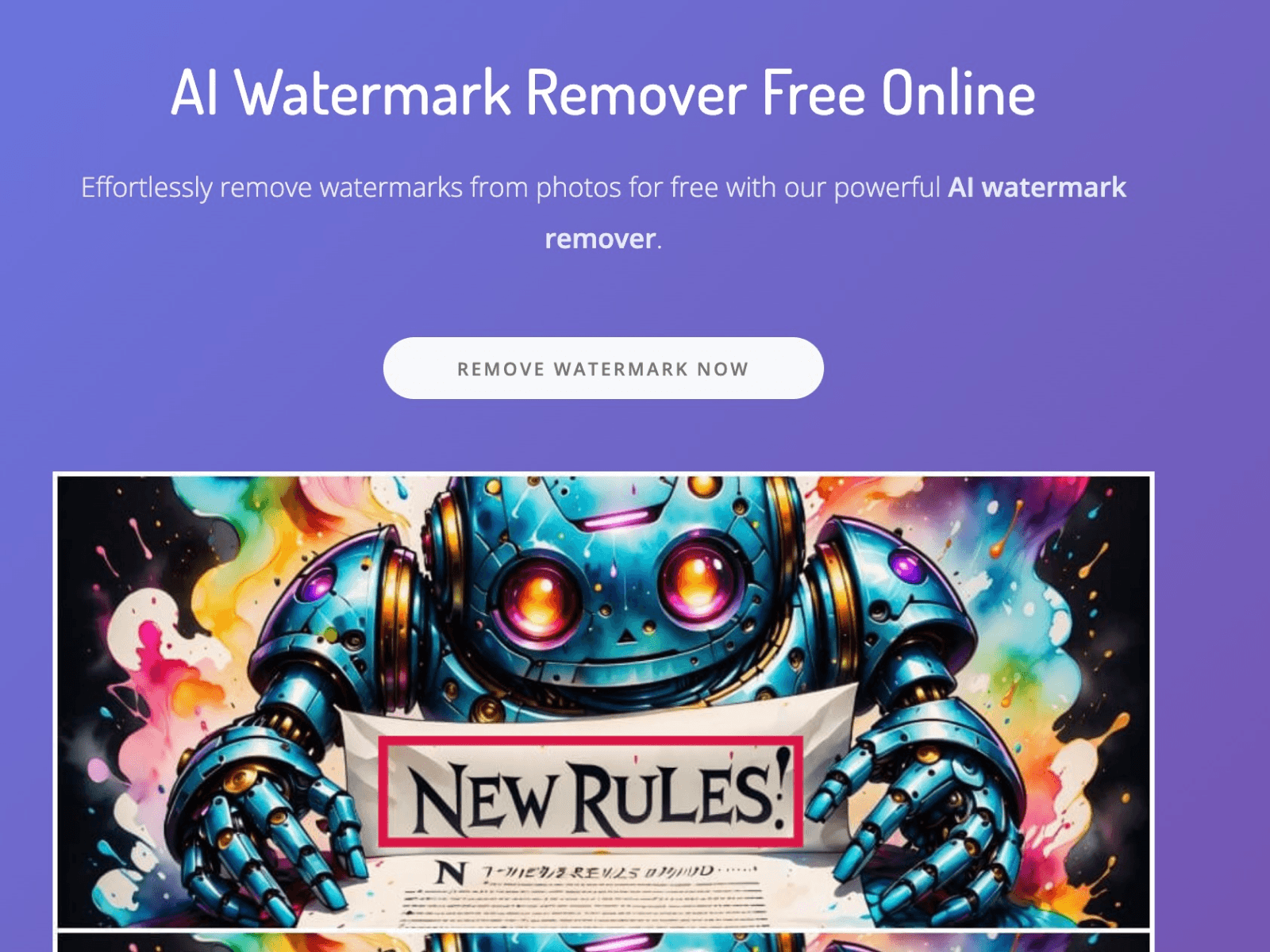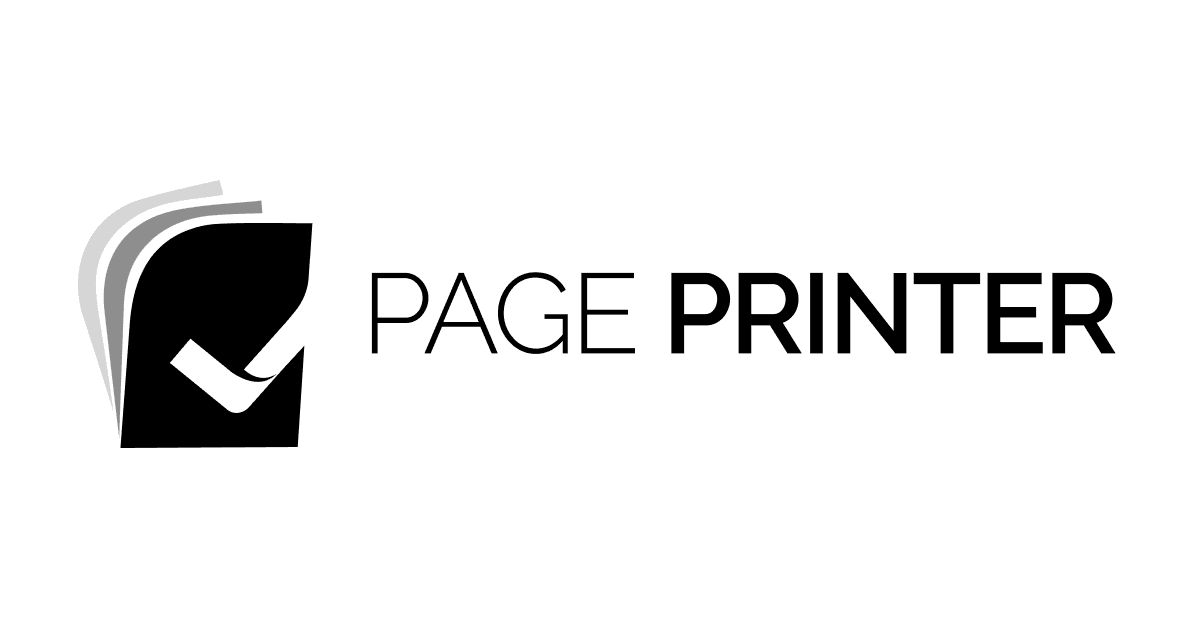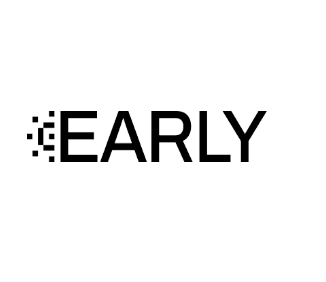Paywall Reader | Read without paywalls for free vs. archive.is
Paywall Reader | Read without paywalls for free
Paywall Reader is a tool that helps you read articles blocked by paywalls. It doesn’t hack into sites or break paywalls directly. Instead, it sends you to archived or cached versions of the page. These versions are saved copies from places like Archive.Today, the Internet Archive, or even Google Translate. It works best with soft paywalls—those pop-ups that block the screen but still have the full text underneath. To use it, you just paste the article’s URL, pick an option from the three services, and it tries to find a version without the paywall. If one doesn’t work, you can try another. Not every paywall can be bypassed, especially if a site blocks archiving, but most major news sources work fine. It’s considered legal because it doesn’t tamper with the website itself—it just finds copies that are already available online. People use it to access news without needing tons of subscriptions or for things like schoolwork and research. The site isn’t connected to any of the archive se...
archive.is
archive.is, also known as archive.today, is a website that lets you save a copy of any webpage. It works like a time capsule, taking a "snapshot" of the page as it is at that moment. This snapshot stays online even if the original page is deleted or changed. It saves both the text and images, making sure the copy is accurate. The archived page doesn’t have active elements like pop-ups or scripts, so it’s safer to view. People use archive.is for different reasons—saving articles that might get taken down, capturing price lists or job postings before they change, or keeping a record of social media posts. It’s also used to get around paywalls, since the archived copy often shows the full content without restrictions. You can use the site by entering the URL of the page you want to save. Once archived, you get a short, stable link to the snapshot. There’s also a search feature to find past snapshots of certain websites. They even offer a Chrome extension for quicker access.

Reviews
Reviews
Reviewed on 2/23/2025
Archive.is works on most websites - for examples Financial Times, The Economist, Medium etc. It's easy to use but sometimes takes a long time to load.
| Item | Votes | Upvote |
|---|---|---|
| fast | 1 | |
| lightweight | 1 | |
| minimalist | 1 |
| Item | Votes | Upvote |
|---|---|---|
| No cons yet, would you like to add one? | ||
| Item | Votes | Upvote |
|---|---|---|
| Easy to use | 1 | |
| Reliable | 1 | |
| Works on most major sites | 1 |
| Item | Votes | Upvote |
|---|---|---|
| Can be slow | 1 | |
| Somewhat dated user interface | 1 |
Frequently Asked Questions
Paywall Reader is designed specifically to help users access articles behind paywalls by directing them to archived or cached versions. It works best with soft paywalls and is fast, lightweight, and minimalist. In contrast, archive.is allows users to save a snapshot of any webpage, which can also be used to bypass paywalls, but it may not be as quick for this specific purpose. While both tools can be effective, Paywall Reader may offer a more streamlined experience for bypassing paywalls directly.
Both Paywall Reader and archive.is are user-friendly, but they serve slightly different purposes. Paywall Reader requires users to paste a URL and choose from options to find an archived version, making it straightforward for accessing paywalled content. Archive.is, on the other hand, allows users to save a webpage and provides a stable link to the snapshot, which is also easy to use. However, some users have noted that archive.is can be slow at times. Overall, Paywall Reader may be perceived as easier for quick access to articles.
Archive.is offers additional features such as the ability to save snapshots of any webpage, including images and text, and provides a search feature for past snapshots. It also has a Chrome extension for quicker access. Paywall Reader, while effective for bypassing paywalls, does not have these additional features and focuses primarily on accessing articles. Therefore, if you need a tool for saving and retrieving web pages, archive.is may offer more comprehensive functionality.
Both Paywall Reader and archive.is are reliable for accessing content from major news sites, but they have different strengths. Paywall Reader is particularly effective with soft paywalls, while archive.is is known for its reliability across most major sites, including those with hard paywalls. Users have reported that archive.is works on a wide range of websites, making it a strong choice for accessing various types of content. However, the effectiveness can vary depending on the specific site and its paywall policies.
Paywall Reader is a tool that allows users to read articles that are blocked by paywalls. It does not hack into websites or break paywalls directly; instead, it provides access to archived or cached versions of the page from sources like Archive.Today, the Internet Archive, or Google Translate. It is particularly effective with soft paywalls, which are pop-ups that block the screen but still allow access to the full text underneath.
To use Paywall Reader, you simply paste the URL of the article you want to read, select one of the three available services, and it attempts to find a version of the article without the paywall. If the first option does not work, you can try another service. While it works well with many major news sources, not every paywall can be bypassed, especially if a site blocks archiving.
The pros of Paywall Reader include its speed, lightweight design, and minimalist interface, making it easy to use. There are currently no listed cons for Paywall Reader, as it is designed to provide a straightforward solution for accessing paywalled content legally.
Yes, using Paywall Reader is considered legal because it does not tamper with the website itself. It simply finds copies of articles that are already available online through archived versions. However, users are responsible for how they use the tool.
Paywall Reader is beneficial for anyone looking to access news articles without needing multiple subscriptions. It is particularly useful for students and researchers who need access to various articles for schoolwork or research purposes.
archive.is, also known as archive.today, is a website that allows users to save a copy of any webpage. It captures a 'snapshot' of the page at that moment, preserving both text and images. This snapshot remains online even if the original page is deleted or altered, making it a useful tool for saving articles, price lists, job postings, and social media posts.
Pros of using archive.is include its ease of use, reliability, and compatibility with most major websites. However, some cons are that it can be slow at times and has a somewhat dated user interface.
To use archive.is, simply enter the URL of the page you want to save. Once archived, you receive a short, stable link to the snapshot. The site also features a search function to find past snapshots of specific websites and offers a Chrome extension for quicker access.
People commonly use archive.is to save articles that may be removed, capture price lists or job postings before they change, and keep records of social media posts. It is also used to bypass paywalls, as the archived copy often displays the full content without restrictions.
Yes, archive.is is generally safe to use. The archived pages do not contain active elements like pop-ups or scripts, which makes them safer to view compared to the original pages.
Related Content & Alternatives
- 0
 11.PaywallBuster
11.PaywallBusterPaywallBuster is a tool that helps you get around paywalls on news articles. You just paste the article link into the site, and it tries different methods to let you read the content for free. It doesn’t host anything itself—it just sends you to third-party websites that do the work. Not every method works for every site, so it opens multiple tabs using different tools, hoping one will break through. It’s free, works on iOS through a shortcut, and claims it’s legal since it only redirects you to other services. The creators say they don’t encourage breaking site terms or copyright laws, but they know people just want to read an article without hitting a wall.
- 0
 14.Your Next Domain
14.Your Next DomainYourNextDomain helps you find a great dot com for your business. It's no secret dot com is still king. Customers trust the .com at the end because they think it was hard to get. But it's easier than you think with YourNextDomain. The perfect dot com could slip through your fingers at any moment. Millions of domains go to auction every day scattered across the internet. Use our all-in-one site to find the best opportunities to help you build the authoritative brand your business deserves. Find expiring domains with years of history to give you a head start on SEO. A fast, flexible, intuitive search helps you focus on only domain names that are a fit for you. Bookmark all searches and return to them later. Best of all, no login required. Start searching now!
- 0
 25.AI Watermark Remover Online for Free
25.AI Watermark Remover Online for FreeAI Watermark Remover is a powerful AI tool designed for effortlessly removing watermarks from images and videos in no time, with no need for Photoshop skills. It's especially ideal for creators and professionals who work with images. With its user-friendly interface, AI Watermark Remover simplifies the process, allowing for the seamless removal of not only watermarks but also other unwanted elements such as logos and text overlays. The technology behind this tool uses advanced algorithms to detect and erase watermarks without compromising the original quality of the image or video. This precision ensures that the aesthetics of the visuals are maintained, making this tool ideal for professionals aiming to produce clean and unblemished media for presentations, marketing materials, and online content. Furthermore, the speed of AI Watermark Remover is a significant advantage, providing quick results that help maintain a fluid workflow and boost productivity.
- 0
 26.AISaver
26.AISaverAISaver is an AI-powered platform offering a range of tools for video and image processing. It integrates features such as video face swap, image face swap, image enhance, video enhance, and text-to-speech conversion. Key Features of AISaver: 1. Video downloader online tool, easily download any video from any platform. 2. Face swap tool, easily swap faces in videos by using our AI Face Swap with a few clicks. Upload videos, then upload photos and then generate an interesting face swap video. 3. All in one video downloading and enhancing software, enhance your videos with powerful AI tools. AISaver is a free online face-swapping tool offering one-click video swaps with realistic effects. Enjoy safe, privacy-protected processing as the AI seamlessly integrates your chosen face into any video for an authentic result without storing personal data. With AI-driven technology, it delivers realistic results and is easy to use, making it an essential site for media processing.
- 0
 32.GOSH
32.GOSHGOSH.app is a free AI Powered Price Tracking Tool and Price Tracking Chrome Extension. Track product prices and stock levels at any store, anywhere using the magic of AI. Get instant alerts when prices drop, or the product comes back into stock. Key Features - Get instant email or push notifications on product discounts. - Get instant email or push notifications on product re-stocks. - Install our free GOSH Price Tracking Chrome Extension (to quickly track the price of products from any store anywhere). Benefits - AI Powered Price Tracking: Never pay full price on a product again. - AI Powered Stock Level Tracking: Get access to the new stock before it sells out. - Free Price Tacker: Save big $$$ on products you buy often. Use Case Track product prices and stock levels at any store, anywhere. Get instant alerts when prices drop, or the product comes back into stock.
- 0
 36.Decopy AI
36.Decopy AIDecopy AI offers a comprehensive platform for detecting AI-generated content in both text and images, as well as verifying the origins of visuals. Key Features 1. AI Content Detector: Identifies whether text is written by AI or humans. 2. AI Image Detector: Detects AI-manipulated images. 3. Reverse Image Search: Finds the original source of an image across the web. Benefits - All of Decopy AI’s powerful detection tools are completely free to use. No subscriptions, no hidden fees—everyone can access and benefit from our AI Content Detector, AI Image Detector, and other tools at zero cost. - AI Detector tools are built on advanced algorithms that provide exceptional accuracy in identifying AI-generated content and images. Whether you’re analyzing text or visuals, Decopy AI delivers reliable results that you can trust. Use Case - Educators verify student submissions for AI-generated work. - Businesses check content authenticity for marketing. - Researchers trace image origins for verification. - Content creators prevent unauthorized use of their visuals.
- 0
 45.Coin Newsify
45.Coin NewsifyCoin Newsify is an AI-powered platform that rapidly identifies, gathers, categorizes, and labels cryptocurrency news from various sources, including news sites and social media platforms like X Corp. Coin Newsify filters out irrelevant content, advertisements, and duplicate news, ensuring users receive only the most significant and timely information that could impact market prices. The filtering mechanism helps users focus on what truly matters. Coin Newsify helps users personalize their news experience by setting up follow and notification preferences based on cryptocurrencies, markets, tags, or specific news sources. This customization allows users to tailor their feed to their specific interests and needs. Coin Newsify also enhances decision-making with features like AI-generated summaries, sentiment analysis, and integrated price charts, providing traders with a comprehensive toolkit to navigate the crypto market effectively. How it works: 1. Register via our web or mobile app. 2. Configure your follow and notification settings in the settings page. 3. Personalize your experience by selecting preferences across currencies, markets, listings, and tags. 4. Receive Notifications according to your settings. 5. Stay Informed by checking your customized feed for the latest market news.
- 0
 55.Page Printer | Reader Mode, Print, and Save as PDF
55.Page Printer | Reader Mode, Print, and Save as PDFConvert any webpage into a print-friendly format, enjoy a built-in Reader Mode for distraction-free browsing, and save webpages as PDFs for easy access.
- 2
 3.Block & Focus
3.Block & FocusThis dead-simple extension allows you to block distracting websites for a period of time your specify. You get to decide which websites to whitelist and which ones to blacklist. Block & Focus comes with statistics, keyboard shortcuts, breaks, and a few other functionalities but is overall a really simple and effective tool.
- 2
 4.Limit
4.LimitLimit allows you to put time limits on distracting websites. You get to choose how many minutes a day you're allowed to spend on each. After that, the website is blocked. It's a simple and effective tool for avoiding distractions and rabbit holes.
- 2
 5.News Feed Eradicator
5.News Feed EradicatorNews Feed Eradicator removes feeds from social media websites to help you use them more purposefully. Feeds are the most addictive parts of most website so this extension really helps you reduce mindless scrolling. News Feed Eradicator supports removing feeds from Facebook, Instagram, YouTube, Twitter/X, LinkedIn, Reddit, Hacker News, and GitHub. You get to pick which feeds to block and which to allow.
- 1
 7.GoFullPage
7.GoFullPageGoFullPage is a simple extension for taking full-page screenshots of websites. It handles all the scrolling and at the end allows you to export the website to png, jpg, or pdf.
- 2
 3.Panem
3.PanemDon't let your budget be wasted on unnecessary SaaS subscriptions - Panem is here to help you take control. Our cutting-edge solution streamlines your spending, ensuring you're not throwing money at services that drain your financial resources. We know that juggling multiple SaaS subscriptions can be overwhelming, especially when you're manually tracking them to avoid overspending and missing out on savings. Panem simplifies this process by securely connecting to your bank account using leading banking APIs. Our AI-powered algorithms classify your transactions, analyzing your spending habits to pinpoint redundant or underused subscriptions. With our insights, you can make informed decisions about your SaaS investments, ensuring every dollar spent adds value to your business. We go beyond merely identifying unnecessary expenses. Panem also sends timely reminders to cancel subscriptions before they renew, preventing unwanted charges. This automation saves you time and money, allowing you to concentrate on what truly matters for your business. We're confident in the value we offer. If your savings don't cover the cost of Panem, we'll give you three additional months free. This guarantee reflects our commitment to your financial health and our confidence in our service's effectiveness. Panem provides a comprehensive dashboard that gives you a clear view of all your SaaS spending. Our user-friendly interface tracks active subscriptions, upcoming renewals, and total costs, helping you stay on top of your finances and make data-driven decisions about which services to keep or cut. Our intelligent forecasting tool predicts future SaaS costs based on your current spending patterns, allowing you to budget more effectively and avoid unexpected expenses. Additionally, we offer personalized recommendations for alternative SaaS solutions that better fit your needs and budget, ensuring you get the best value without compromising quality.
- 0
 36.Shortimize
36.ShortimizeTrack, analyze, and explore TikTok, Insta Reels, and YouTube Shorts videos and accounts. Monitor your accounts across platforms and dive into viral content like never before. Access advanced data analysis and dashboards to keep track of your videos and identify outliers, creating a virality machine for your app or brand. Use AI to search through an extensive library of viral content. Search by context and hook to find the latest high-performing videos and get inspiration for your next short content. Discover similar viral videos to your own to enhance your content, and find accounts that mirror yours. Spy on and track your competition, uncover their viral content, and improve your own content strategy.
- 0
 13.Insanely Cool Tools
13.Insanely Cool ToolsThis directory boasts 20,000 subscribers and if you get featured, you get a backlink. You'll also be featured in the newsletter. Insanely Cool Tools is free to use but you may need to pay if you want to skip the queue.
- 0
 14.Early
14.EarlyEarly is a directory of early stage and pre-launch startups. It's free to use but you may need to pay to skip the queue.
- 0
 30.Static Page Tools
30.Static Page ToolsExplore our curated directory of static site generators, from Next.js to Hugo, and find the best tools for adding search, comments, and other features to your static website. Start building a fast, secure, and optimized website now.
- 0
 38.Top Writer Tools
38.Top Writer ToolsA directory of writer tools, including AI-generators, AI-detectors, and plagiarism scoring systems. Our curated collection highlights the most popular writing tools, ranked according to user satisfaction and effectiveness. We've categorized these tools into four main segments: AI Writing Assistants & Generators, Plagiarism Checkers & AI Detectors, Copywriting Tools & Content Generators, and Book Writing & Creative Writing Tools. Each section is designed to help you find the right stack for your specific writing and copywriting needs.
- 0
 3.There's an AI
3.There's an AIThese days, AI directories are popping up all over the place. You’ve got huge lists—like that GitHub one —best-of-ai/ai-directories—and tons of sites trying to round up every AI tool under the sun. It’s a lot, right? Problem is, most of them are packed with meh tools. You dig through glitchy apps or overhyped stuff that doesn’t even work, and it’s a total time suck. Marketers like us? We don’t have time for that—we need tools that actually deliver. That’s where There’s an AI comes in. It’s not like those other messy directories. This one’s all about the good stuff—think of it like a stash of hidden gems, no junk allowed. You can navigate easily on different categories in it, jumping from content tools to ad optimizers without breaking a sweat. And the search? Oh, it’s clutch. You can type in whatever you want, and it pulls up only the best—no shitty tools clogging up your screen.
- 0
 11.IG Follower Export Tool - IGExporter
11.IG Follower Export Tool - IGExporterIG follower export tool helps users export Instagram users with just one click, it is available online and requires no login or Instagram account, ensuring there are no risks of bans or restrictions. Simply enter the Instagram profile URL to instantly download detailed information such as email, phone, bio, and category directly. This tool streamlines the process of gathering follower data without compromising account security or privacy. Efficient and user-friendly, the tool is designed to provide quick access to essential contact information, making it ideal for marketers, researchers, and social media managers who need to analyze or reach out to Instagram audiences without unnecessary delays. With just a few clicks, you can obtain comprehensive data from any public Instagram profile, significantly cutting down the time usually spent on manual data collection. This capability makes it an invaluable resource for professionals looking to enhance their social media strategies and engagement efficiently.
